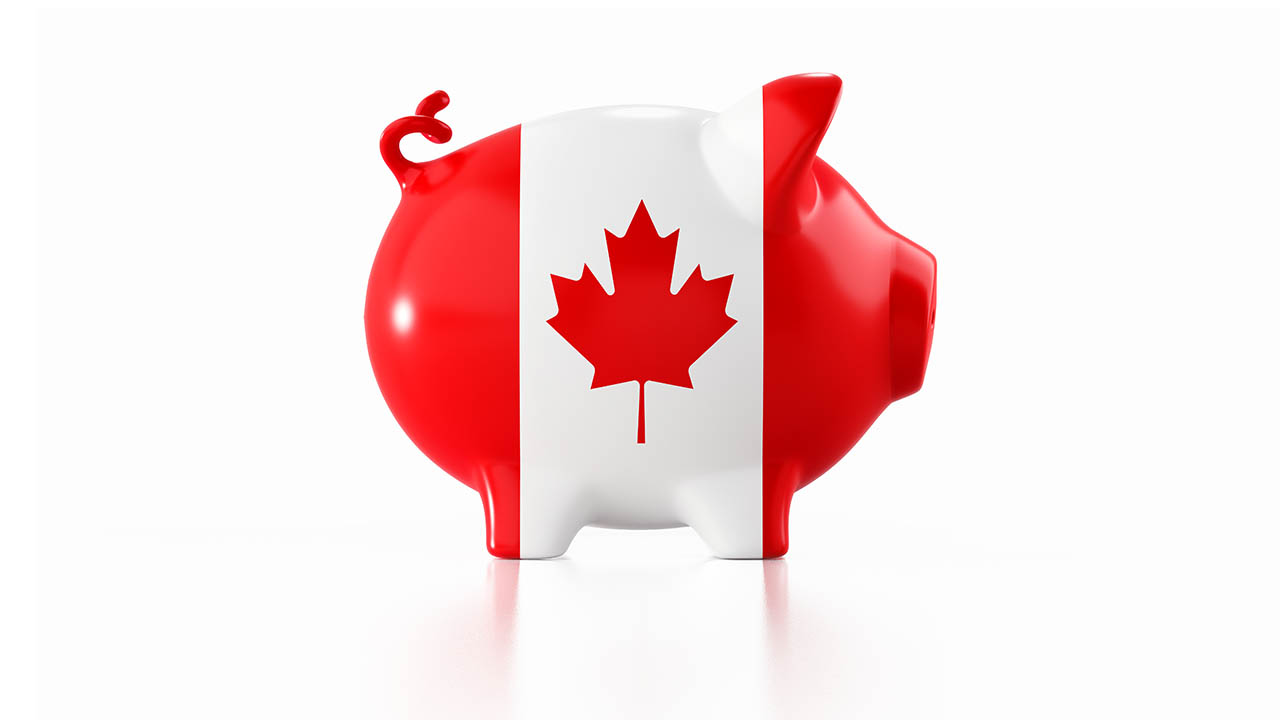Questions and answers rise from the 2024 federal budget
 CREDIT: MICROSTOCKHUB
CREDIT: MICROSTOCKHUBThe federal government has officially announced its 2024 budget, which includes a focus on housing, the capital gains tax, and more.
The federal government has officially announced its 2024 budget, which includes a focus on housing, the capital gains tax, and more.
“This is very much a budget that’s trying to attract Millennials and Gen X, so that they mature over the next five to 10 years in this cycle and that they benefit from some of the things that are coming out of this budget,” said Professor of Economics at Fanshawe College, Darren Chapman. “Unquestionably, one of the biggest expenditures was housing. There were a number of different initiatives targeted across the country in first-time homeowners and rental housing as well as condominiums in conversion of commercial space into conventional housing.”
With the release of the budget, Chapman said that it is incredibly important for everyone across the country, including students here in London, to take the time to look it over and see what will be affected.
“What people need to understand in general is that we really shouldn’t be ignoring these budget announcements. They affect everything from the price of your car, to the interest you’re paying on your homes, to whether or not it’s a good time to buy a home, if it’s a good time to rent, so on and so forth.”
He went on to say that one of the biggest things being shown from the 2024 budget is actually under the surface, needing to be read between the lines.
“One of the biggest things that the government is somewhat avoiding is that Canada’s productivity level is continuing to drop, vis-à-vis, other countries we compete with and against. Really what that means is a downward standard of living,” said Chapman. “I think the biggest issue that the government has to face right now is how they will incentivize productivity across the board in all areas of production in the industry, and that’s very hard to do, but it has to be done. If we continue to go down this road, we will see incredible differences between generations.” On a provincial level, the Ontario government has its own concerns.
“Today’s budget was a missed opportunity to scrap the costly federal carbon tax, which is making everything from gasoline to groceries more expensive,” said Ontario Finance Minister, Peter Bethlenfalvy. “Our government continues to urge the federal government to put more money back into peoples’ pockets by eliminating the carbon tax once and for all, particularly at a time when it is contributing to high inflation.”
The provincial government aren’t the only ones raising concerns about the newly released budget though, with the Federal Conservatives and the Bloc Quebecois saying they will not support the budget, as well as the New Democrats remaining undecided.
Although, the provincial Conservatives said there are portions that they agree with.
“We were glad to see that the budget responded to Ontario’s call for more housing-enabling infrastructure funding to support getting more homes built,” says Bethlenfalvy. “We look forward to working with our federal partners and municipalities to ensure that this funding supports our shared goal of building homes for people to own.” With every released budget over the years, one of the major talking points becomes the debt and the overall deficit. Chapman said that this is still the case, with the Liberal party expecting $52.9 billion in new spending over the next five years and a deficit projected at $39.8 billion.
“It’s not so much the amount of debt that we have, but rather the amount that we’re able to pay on that overall debt. The interest that we pay on that debt is really what affects us, not the total amount.”
He said that this will create an inevitable problem, particularly when it comes to the wallets of regular Canadians.
“Here’s our problem: over the last 20 or 30 years where interest rates have been fairly low, when we go from say a two or three per cent interest base level and then it all of a sudden increases to a four to six per cent interest rate, that’s not just a different of two per cent, that’s a difference of 100 per cent.”
No matter what, Chapman said how important it is for everyone to be informed and up to date on what these budgets entail.
“We pay a lot of taxes, we get great services for the taxes we pay. A lot of people push back on that, but we really do get great services back for our taxes. The problem is, going forward, that unless you’re aware of where your tax dollars are going, someone else is making the decisions for you.”

















